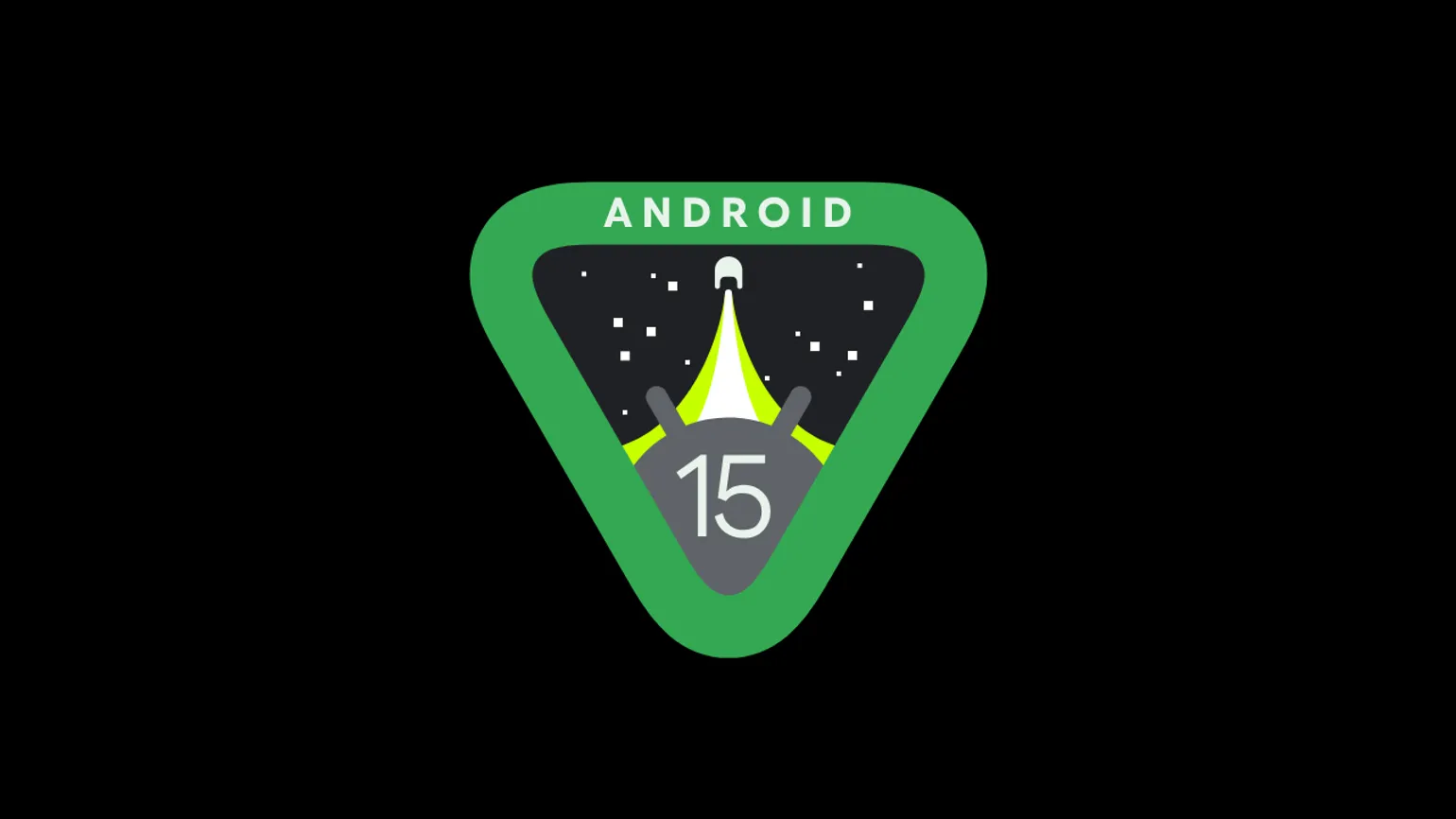Android 15 will allow you to find your powered off phone

Despite its worldwide dominant market share, Android lacks a comprehensive alternative to Apple’s Find My.
Since the iPhone 11, Apple phones have included a specialised U1 chip, which uses ultra-wideband (UWB) technology to anonymously report emitted Bluetooth signals between over 1 billion Apple devices. The same U1 chip is also included with Apple’s AirTag.
The crowdsourced network allows you to precisely locate lost or stolen Apple devices, even if turned off.
Google have been prepping their own alternative, called Find My Device, which was announced last year at Google I/O. The network works in a similar fashion, also using bluetooth and UWB technology to locate devices. However, privacy concerns with unwanted tracker detection have delayed the rollout, despite most Android phones having the potential to support the new network in some capacity.
When eventually rolled out, Google’s Find My Device network could potentially be connected to over 4 billion Android devices. Approximately 70% of all smartphones in the world are powered by Android, meaning Google’s Find My Device will eventually be more comprehensive, accurate and precise than Apple’s Find My network.
However, there’s a slight problem. Most Android phones will stop emitting a Bluetooth signal when the device is powered off. This is unlike the iPhone, starting with the iPhone 11, which continues to contribute and ping with Bluetooth to the Find My network, even with switched off iPhones.
Research by Android Police suggests Google is working on a feature called Powered Off Finding for Android 15, which will initially support the Pixel 8 and Pixel 8 Pro. Similar to the iPhone, Powered Off Finding will continue to broadcast Bluetooth beacons, even if the device is off.
Powered Off Finding will not just work with any Android phone, however. A compatible device will need specific engineering and chips, similar to Apple’s U1 chip, so that the Bluetooth controller can continuously receive power.
The Pixel 8, Pixel 8 Pro and possibly the upcoming Pixel 8a have the correct hardware and specification to support Powered Off Finding. However, what we don’t know is whether other flagship Android devices, like the Samsung Galaxy S24, also have the correct requirements. It’s unlikely Google will gatekeep the technology for their own Pixel phones, so it’s only a matter of time before we start seeing the same feature (likely under different branding) with other Android devices.